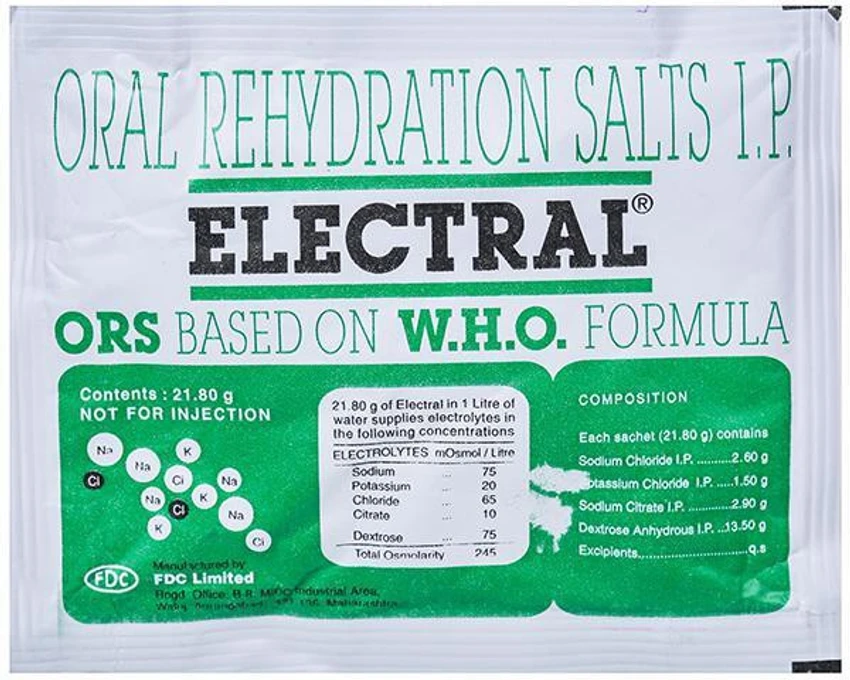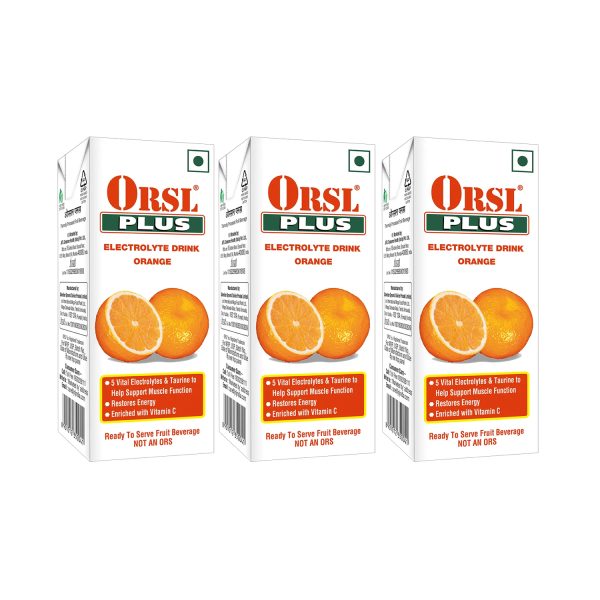Hydration in athletes plays a vital role in both performance and recovery. Whether you’re a professional or a weekend athlete, your body depends on proper hydration to stay strong, recover quickly, and avoid injuries. Yet, many athletes overlook just how important water and electrolytes are. Staying hydrated is not just about avoiding thirst — it’s about fueling your muscles, protecting your joints, and helping your body heal after every workout or injury.
When you sweat on the field, in the gym, or on the track, your body loses more than just water. Vital electrolytes and nutrients are lost, and without replacing them, performance drops and recovery slows down. Let’s explore why hydration is crucial for athletes and how it powers your body’s natural recovery process.

Why Hydration in Athletes Matters More Than You Think
When athletes train, compete, or even do light workouts, their bodies go through physical stress. As you sweat, your body loses water and important minerals like sodium, potassium, and magnesium. This fluid loss can lead to dehydration, which affects not just performance but your ability to recover.
Hydration in athletes is important for keeping the body temperature stable, maintaining blood flow, and ensuring that nutrients and oxygen reach working muscles. Without it, you feel tired faster, your focus drops, and your muscles don’t work as efficiently.
The Impact of Dehydration on athlete Performance
Even a small drop in hydration can cause big problems. Losing just 2% of body weight through sweat can reduce strength, slow reaction times, and decrease focus. Muscles tire faster, joints feel stiff, and coordination starts to fail. Dehydration thickens your blood, forcing your heart to work harder to deliver oxygen to your muscles.
For athletes, this can mean the difference between winning and losing. Staying hydrated keeps the body running smoothly, allowing you to perform at your best.
The Powerful Role of Hydration in Athletes Recovery
How Your Body Recovers After Exercise
After intense workouts or matches, your body goes into repair mode. Your muscles have tiny tears, waste products like lactic acid build up, and energy stores are depleted. This is when recovery becomes essential — and hydration is at the center of it all.
Water transports nutrients like protein and carbohydrates to your muscles, fueling the repair process. It also helps flush out waste products that cause soreness and stiffness, allowing your muscles to recover faster. Proper hydration keeps joints lubricated, reducing post-exercise stiffness and the risk of injury.
Why Hydration in athletes Speeds Up Healing
For athletes recovering from injuries like ligament sprains, muscle strains, or surgeries, staying hydrated is even more critical. Injured tissues need oxygen and nutrients to heal, which are delivered through good blood flow — supported by proper hydration.
Dehydration slows down healing, increases pain, and delays your return to sport. Athletes who stay well-hydrated recover faster, experience less muscle soreness, and reduce their risk of re-injury.
Recognizing Dehydration in Athletes
Signs Your Body Needs More Fluids
Thirst is an obvious sign, but by the time you feel thirsty, your body is already dehydrated. This can reduce your stamina, strength, and mental sharpness during competition.
Other signs include dark-colored urine, dry mouth, headaches, dizziness, and fatigue.
Muscle cramps are a clear signal that your fluid and electrolyte balance is off. Click to know more
For athletes, paying attention to these signs is crucial for performance and recovery.
Smart Hydration Strategies for Recovery
When and How Athletes Should Hydrate
Hydration is not just about drinking water after exercise — it’s a continuous process. It begins before your workout, continues during activity, and remains essential afterward.

During recovery, your body repairs tissues, reduces inflammation, and restores energy. Water and electrolytes make this possible. Sports drinks can be helpful after intense sessions, as they replace both fluids and lost minerals like sodium and potassium that prevent cramps and keep muscles working well. Tap to know more
For injured athletes, hydration reduces swelling, improves joint flexibility, and speeds up tissue healing during rehabilitation.
Long-Term Benefits of Hydration for Athletes
Hydration Supports Performance, Recovery, and Injury Prevention
The best athletes know success isn’t just about training harder — it’s about recovering smarter. At the heart of great recovery is proper hydration. Daily hydration helps keep joints flexible, muscles strong, and the mind sharp. It reduces injury risk, speeds up healing, and supports overall health.
Even mental performance benefits from hydration. Dehydration can slow down reaction time and decision-making — skills every athlete needs on the field. That’s why smart athletes make hydration part of their daily routine.
At our physiotherapy clinic, we help athletes build personalized recovery plans, including hydration strategies tailored to their sport and goals. Whether you’re training for a marathon or recovering from an ACL injury, hydration is the first step toward success. Know more about Sports rehab

Ready to Boost Your Recovery with Better Hydration?
If you’re an athlete aiming for better performance, faster recovery, and a stronger comeback after injury, it’s time to prioritize hydration. Your body works hard — fuel it with the water and nutrients it needs to heal, grow, and perform.
Our expert team is ready to guide you with personalized hydration and recovery plans designed for athletes like you. Book your consultation today and discover how optimal hydration can transform your recovery and athletic success. Stay hydrated, stay strong, and stay ahead of the game! Learn more
By
Dr. Aditi Dole PT
Senior ports Physiotherapist
Rehab Station
